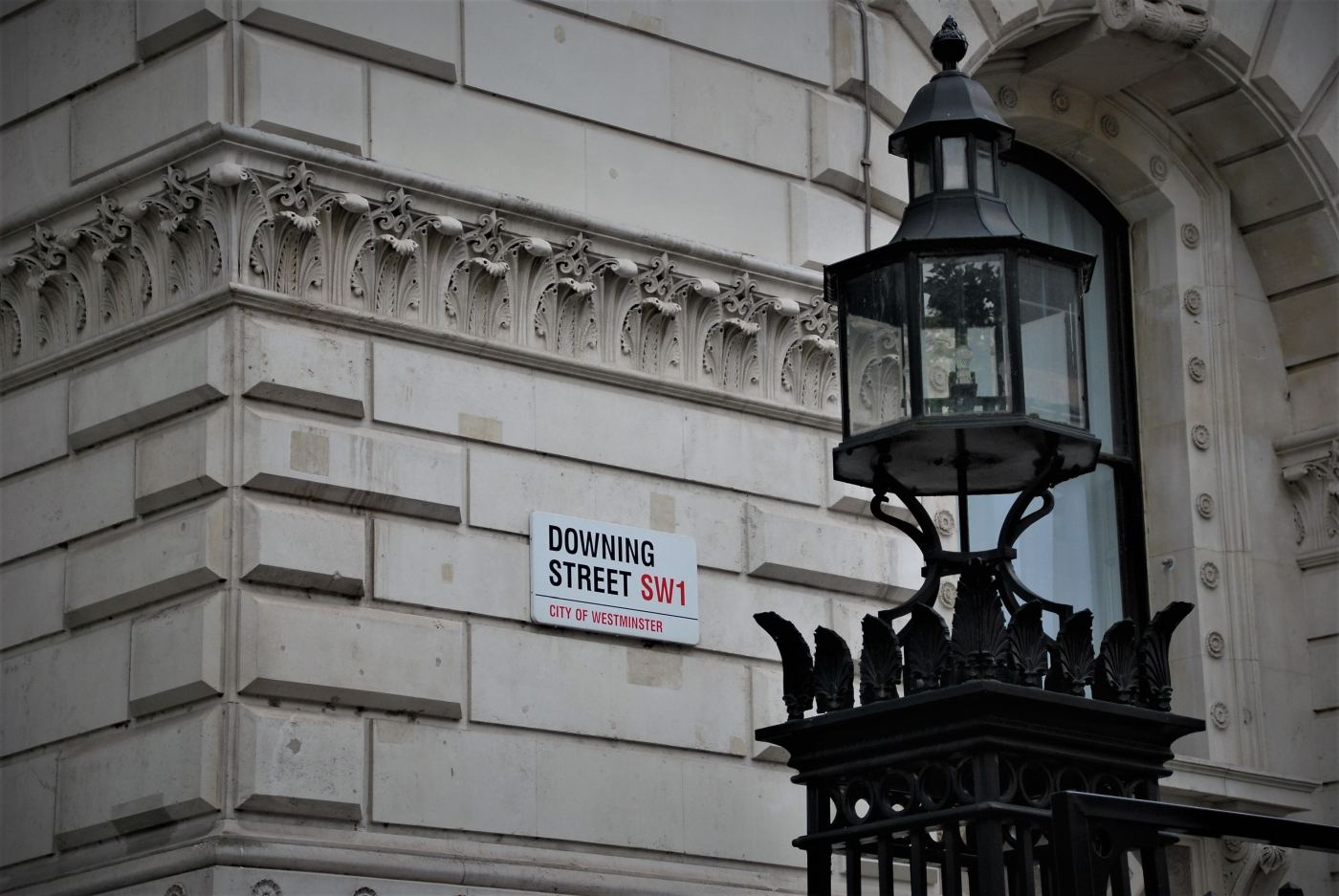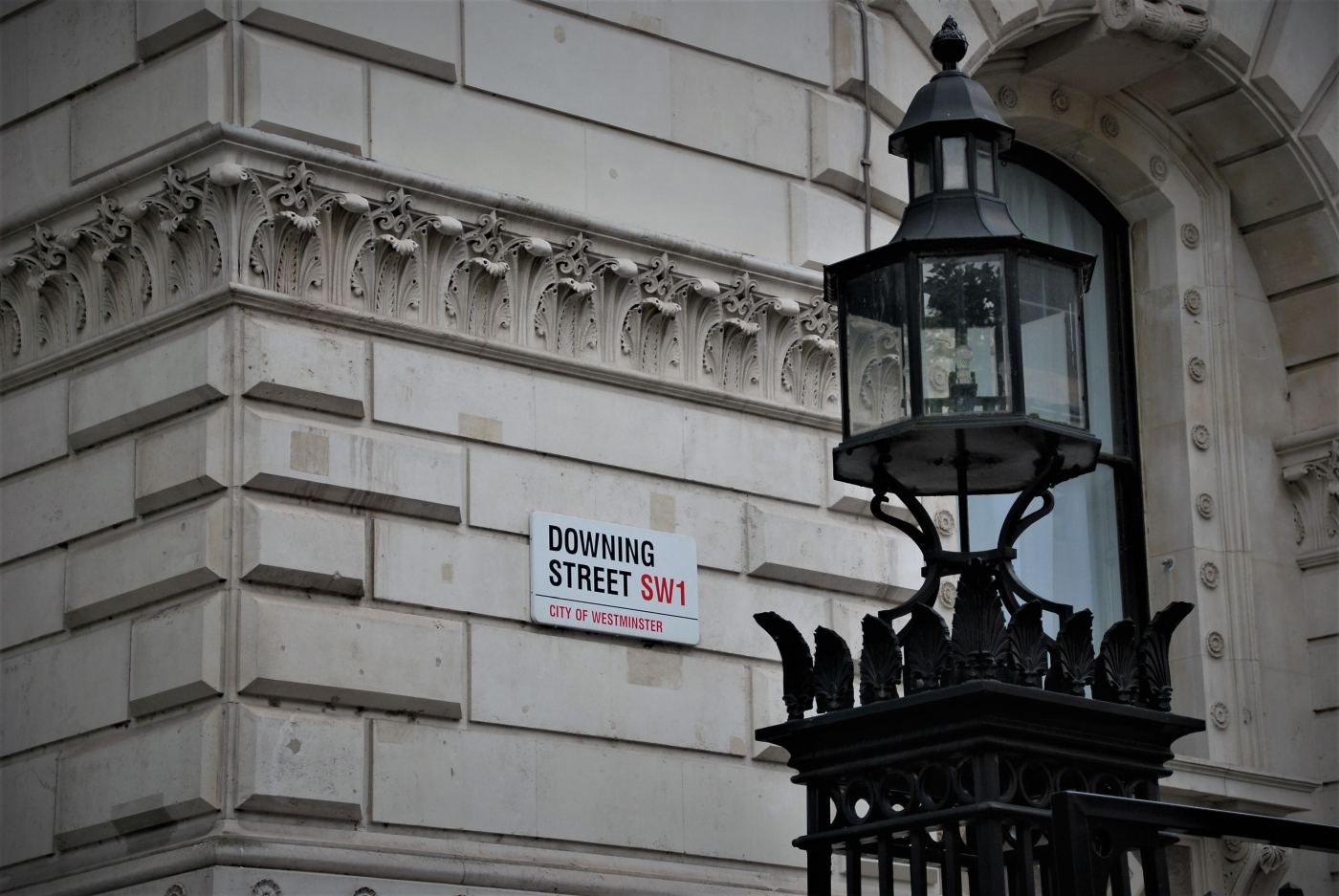
Taking care of business
John Major was not really, personally, particularly unpopular. He was way below Blair in the run up to the 1997 General Election, sure. But he wasn’t hated. His party, on the other hand, was widely regarded as tired, corrupt, scandal-prone and incompetent. He lost by a landslide.
The big question in British politics is whether - over the next eighteen months - Rishi Sunak can emulate John Major in 1992 or whether he is doomed to follow his 1997 collapse. Is he the personally decent new PM, sorting out the mess of his predecessor(s) and worthy of a personal mandate? Or is he the beleaguered leader of a cabal of scoundrels who, sadly, has to go so that Britain can have fresh blood in Government?

The resignation of Dominic Raab should be viewed in this context. The fact of his leaving Government has no meaningful importance when it comes to delivery or political management. Raab has literally no achievement to trumpet and no legacy to leave. He creates no hole in the Government and there is no initiative or policy that will be left worse-off by his absence. He is literal background noise.
But that is an issue for Sunak, because all the public will see is another wrong-un found out. Coming in advance of the likely censure of Boris Johnson after the local elections, alongside investigations into Scott Benton and the continued withdrawal of the whip from several Tory MPs for a range of misdemeanours and felonies, well… it certainly feels like a remake of the late rather than the early nineties. Sleaze Two: Sleaze Harder, if you like.
What Sunak’s team hope and expect is that his own personal (relative) popularity will save him and them. But polling conducted with business leaders by FocalData on behalf of Lodestone - which will be published next week - rather dents that optimism.
Corporate Britain might be expected to be amongst the more sympathetic audiences for Rishi. He is, after all, a former businessman. He does, after all, run the country like a management consultancy. His wife does, after all, seem to have invested in a frankly dizzying array of enterprises.
And yet, our research finds remarkable optimism about a Labour Government amongst business leaders. Watch this space for the nitty-gritty of the data next week, but it is far from promising for the PM or his strategy. And the more that his relentless, Duracell bunny persona is drowned out by his colleagues’ misbehaviour, the harder it becomes for him to claw back the attention and the support of voters.
Does that mean it’s a done deal? Heavens no. Labour has the Tories’ problem in reverse. The party is popular, the public wants a change but Starmer is yet to really connect with voters. And he is running out of time. But you don’t have to have Tony Blair levels of personal popularity to win an election (ask everyone who has won an election in Britain other than Tony Blair!). And parties on the up create their own centrifugal energy that promotes discipline and purpose. Victory is in Labour’s sights and so Labour is behaving - and performing - better than it has in a decade.
All of which is why the operating assumption has to be that there will be a Labour Government at the end of 2024. It might be a stinking majority, it might be something more messy, but it is the most likely outcome either way. Which is why now is the time to get to know the people who will soon be getting to grips with the levers of power. Because optimism about a Labour Government might be high amongst business leaders but the party needs the help of business to turn good vibes into real policy.